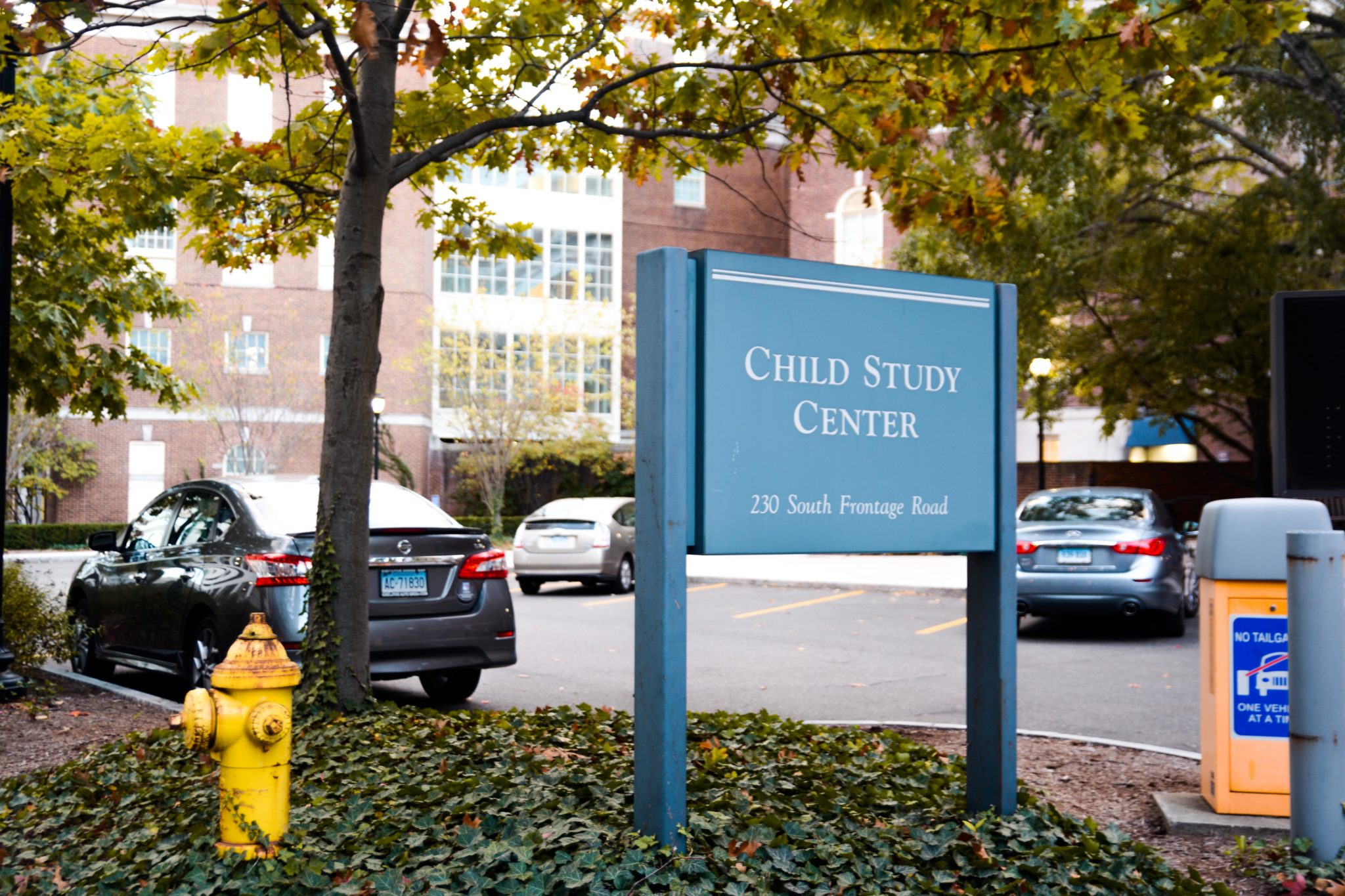
Yale Daily News
The Yale Child Study Center has created a formal partnership with Scholastic to study how literacy can build resilience in children and families.
The Collaborative, which was announced in December, aims to “advance research, promote social-emotional learning, improve teaching strategies and contribute to the creation of resources and programs to build resilience,” according to the mission statement on its website. An official launch event was held this Tuesday at the Scholastic Headquarters in New York City.
“We set out to answer the shared research question: ‘Can literacy be used to build resilience?’” said Karen Baicker, the publisher for family and community engagement at Scholastic. “We knew that the strongest predictor of resilience in people facing adverse circumstances is social connectiveness and social support. As a literacy company, we were looking to see if literacy could be used to form that social connectiveness in children, parents and communities.”
Social connectiveness and health are critically linked, explained Megan Smith, the director of the parent and family development program at the center. For example, she said, the lack of social relationships is a mortality risk factor that outweighs traditional risk factors such as obesity and smoking.
“Literacy really connects you to place. It connects you to your community, and, for children, connects them to schools. For parents, it allows them to bond with their children,” Smith said.
The center and Scholastic have been working together since 2012 with local partners in Grundy County, Tennessee to create an intervention called Discover Together, according to Baicker. This initiative is a series of programs that includes a summer camp, a family co-op and a customized curriculum to “make children see, value and feel connection to their community” and “make those connections between text and place,” Smith said.
For instance, the program used books that incorporated places in the community. Specifically, children read the book “Diary of a Worm” by Doreen Cronin in reference to a prominent worm farm in Grundy County.
In Discover Together, the Child Study Center brought its expertise on implementation science and participatory research, with knowledge of how to plan and execute studies and how to measure impact and outcome, according to Smith.
Baicker explained that Scholastic provided curriculum and literacy materials. Both organizations partnered in conceiving and adapting the methodology of the pilot, she added.
Now that the new partnership is formalized, the center and Scholastic are looking to take this work to other areas. Because much of the work in Grundy County was personalized to the local community, Baicker said, the collaborative wants to test this approach in different regions.
Thus, Collaborative has partnered with United for Brownsville, an organization that improves services and outcomes for infants and toddlers in Brownsville, Brooklyn, to create Discover Together: Brownsville.
“The work in Grundy County, which was done in partnership with the community there, seemed to be responding to very similar concerns to what we hear from families and service providers in Brownsville,” said David Harrington, a co-director of United for Brownsville. “So even though these are geographically and demographically very different places in very different parts of the U.S., the concerns families are coming to the table with here are very similar.”
Specifically, he cited a sense of social isolation, lack of equitable opportunities for children to learn outside of school and a desire to transform the often negative narrative around their community as examples of concerns.
Discover Together: Brownsville’s first major initiative will be a “Family Co-Op,” a drop-in center for families with young children to access free skill- and community-building activities. The initial launch, which is planned for fall 2019, will have two sites, with a fifteen-family cohort at each site.
Annie Chen | annie.chen@yale.edu







